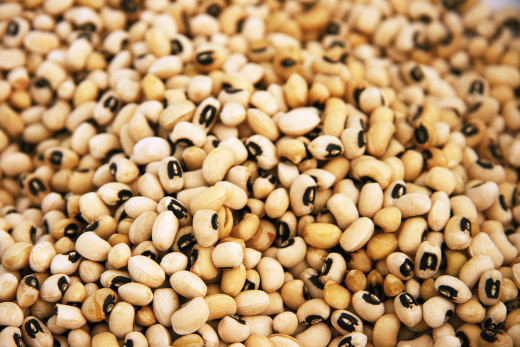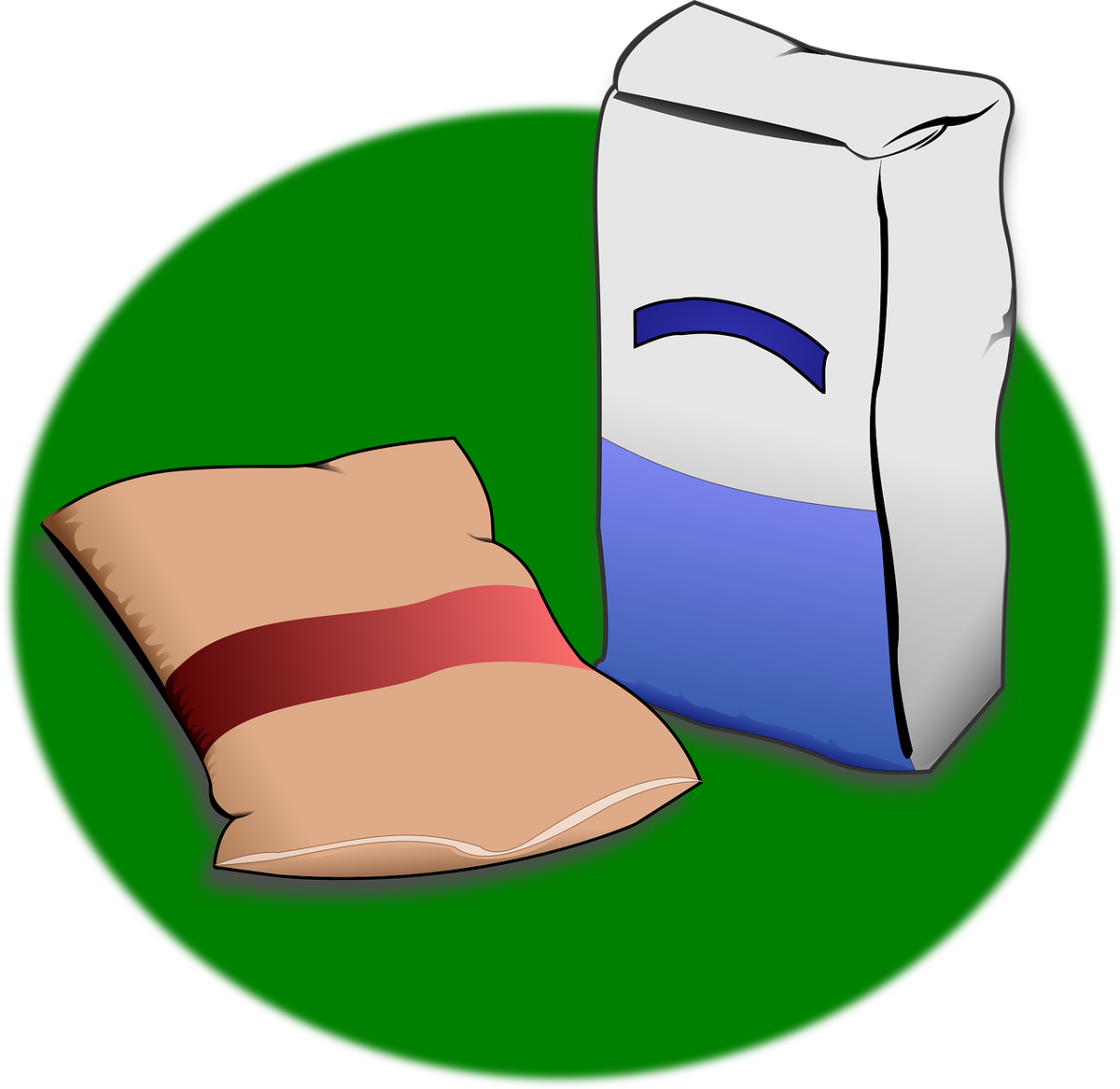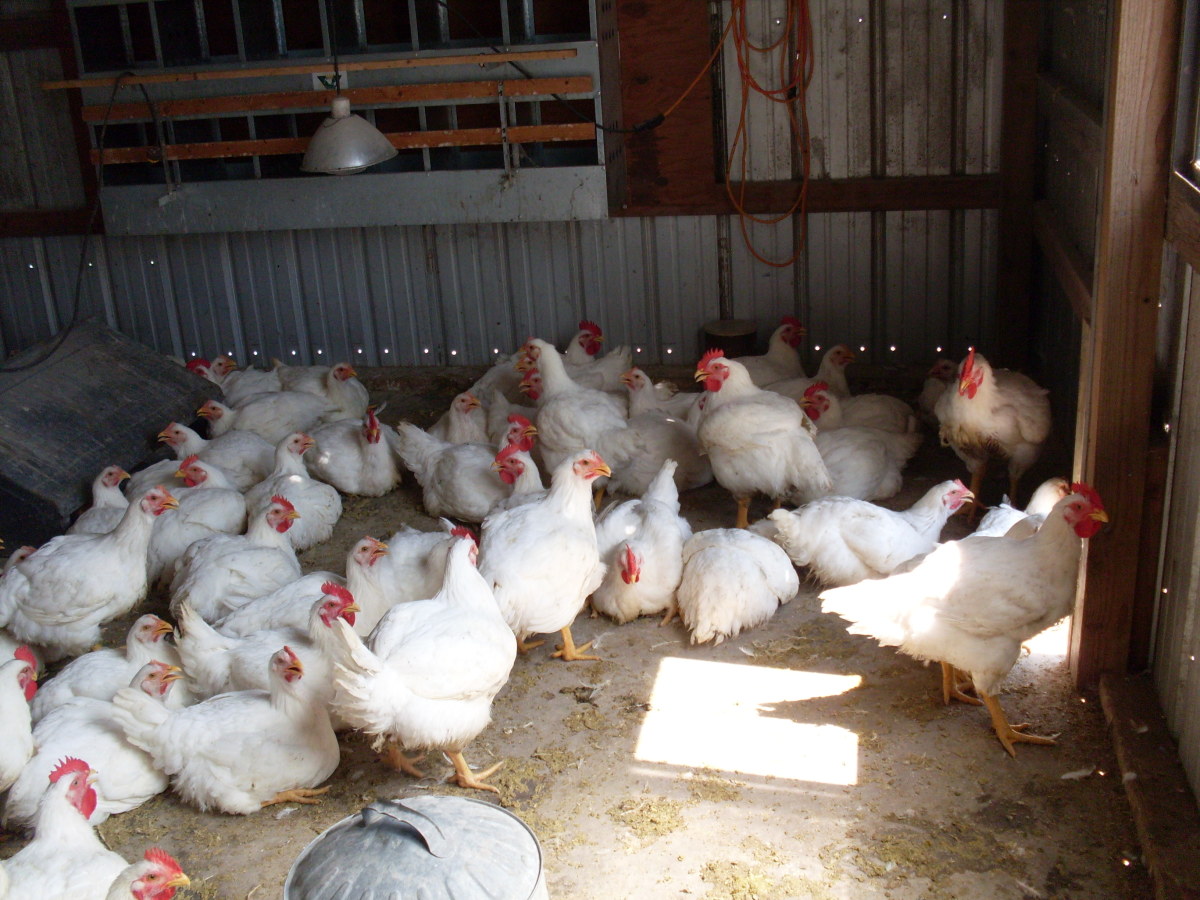Quick Guide to Food Storage

The Ant and the Grasshopper
One of my favorite stories as a child was “The Ant and the Grasshopper.” Although variations of this fable can be found, the basic story is that the grasshopper plays all summer while the ants prepare, gathering food for the winter. When winter arrives, the grasshopper is left hungry and alone. Hearing this story, I learned the value of prudence and work as well as preparation. Unfortunately, these values seem to be “out of fashion” in our current culture.
They don't have to be, though, We can learn something from those ants who laid up food for a hard time. Each and every day brings more stories of financial meltdown and war to our computers and televisions. While we may not be able to stop worldwide crises, we can prepare our families for troubled times. Stocking up on food and supplies during good times can only benefit us later on.
But how do you begin? As you begin to read about food storage and “prepping,” you may feel a bit overwhelmed. I have been studying it for a few years now, and I have certainly felt that way! As you look at the daily news, though, you may feel some urgency to begin stocking up on supplies. That's where this hub comes in. This article is for the family who is new to prepping but wants to get started immediately. It will give you a quick overview of food storage as well as some further resources to consult.
So Why Should You Prepare?
Perhaps you don't believe that the world will end tomorrow. I understand that viewpoint. You don't have to prepare for a complete global meltdown or World War III. However, you might want to consider the possibility of tragedies that might hit closer to home.
-
What happens if you or a family member becomes ill? A serious illness can affect your ability to support your family.
-
What will you do if you lose your job, even temporarily? Even a temporary furlough can be devastating for a family with little savings and nothing in the pantry.
-
How will you deal with a local disaster? If there is a tornado or hurricane in your area, will your family be able to survive until utilities and other services are restored?
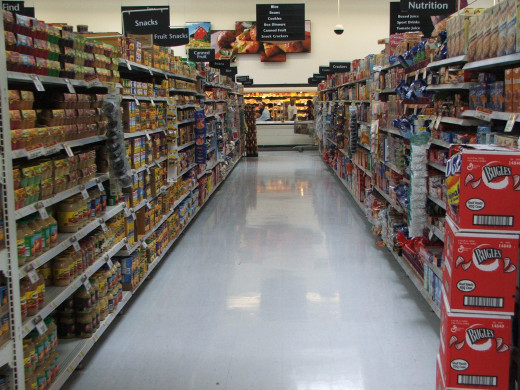
Do you have food storage?
Have you started any food storage at home?
How Do I Begin?
The quickest way to begin storing food is simply to purchase a bit more of what you already eat. Sound too simple? It's not. This is the easiest way to begin adding to your pantry each week.
One of the main principles of food storage is only store what you'll eat. By adding a couple more cans of tuna or canned fruit, for example, to your shopping cart each week, you will be following this guideline. These foods are also readily available at your local grocery store, and so this is perhaps the cheapest and easiest way to add to your pantry.
As you create your shopping list each week, here are some things to consider:
-
Look for shelf-stable foods. These are usually dried, boxed, or canned foods that will be found in the center aisles of the grocery store.
-
Purchase a variety of foods. Even if you absolutely love canned meat, you don't want to survive on it for weeks. Try to add different items to your pantry each week.
-
Don't forget spices! Food can be mighty boring without spices. Even salt and pepper will liven up a meal.
-
Utilize sales and specials. If you eat tuna every week, then look for a good sale on tuna and stock up at that time. This will make your food storage efforts a bit more doable for your budget.
-
Rotate your food storage. This takes some discipline, and I'll admit I have sometimes failed to do this. Make sure you use up your food storage before it expires.
-
Store the food properly. Although it may be tempting to store food in a garage or out-building, it isn't wise as the temperature can fluctuate. Find a place in your home to store your food.
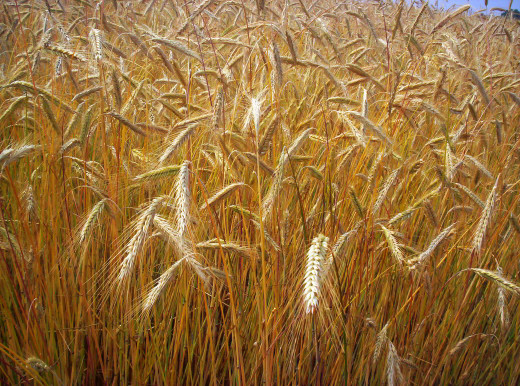
Quick Principles of Food Storage
- Only store what you eat.
- Rotate your food and water often.
- Store your food properly.
How Do I Store Food for the Long Term?
Once you've begun adding food to your pantry, then you might want to consider purchasing foods that have a longer shelf life. The experts in this area are certainly the LDS Church; they have practiced food storage for years and have quite a bit of experience in this area. Over the years, they have found that certain foods—including wheat, rice, dried beans, and oats—can last decades if properly stored.
As these are not processed foods, storing them will require the purchase of some equipment and the learning of new skills. This definitely adds to the cost of this food storage, but it can lessen it over the long term. How? By purchasing these foods in bulk, you will save money. It is an investment that will go up in value over time.
If you decide to buy these items pre-packaged, then you will save yourself some of the trouble of learning how to package them for long-term storage. If you decide to go this route, then you will most likely be faced with two size options, the #10 can and the superpail. The former is simply a large can, much like you might find at the big box stores. The latter is a large bucket that is made of food-safe plastic and has been sealed to protect the product inside. As both packages can last for decades, deciding between the two sizes will probably be based on price, family need, and available storage space.
When you add these foods to your pantry, then don't forget to look for the necessary equipment, such as a wheat grinder and an oat flaker. There are ways to utilize these foods without the added kitchen accessories, but they certainly make it easier, and they increase the number of possibilities for recipes. As you look through the different products, it can be overwhelming, especially if you have never thought about grinding your own wheat. My personal philosophy when it comes to such purchases is to buy the highest quality equipment so that it will last. So look at your budget as well as your family's needs, and then make a decision from there.
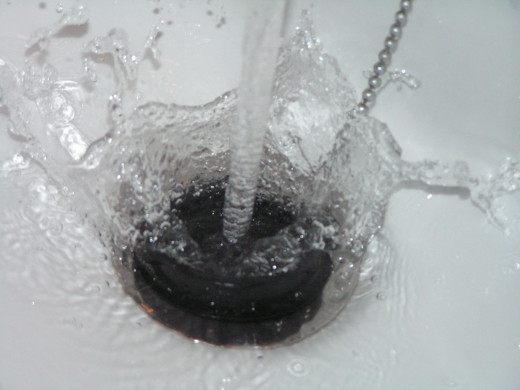
What about Storing Water?
We don't think about the amount of water we use each day until it isn't accessible. Whether it is a natural disaster or simply work on the lines, an outage can be quite a shock. By storing water, you will have it available when it is needed. Considering all of the different uses for water—drinking, personal hygiene, cooking, etc—you will see the necessity of having enough water storage for your family.
My advice in this area is similar to the others: store water in a variety of containers. You can start by adding bottled water to your pantry each week. As you do that, I would also consider buying containers that are solely for storing water. You can often find these locally at camping stores, but they are readily available online. These are tough containers made out of a special plastic that is safe for water storage. As with anything else, you can buy cheap or expensive containers. I would advise you to purchase the most expensive containers that you can afford and store as much water as possible.
Although you would think that water would never expire, it does, at least as far as potable water. Commercially bottled water would be considered short-term storage. Treating water with bleach will extend the shelf life of any water. As with food, rotating water is important. Labeling the water with the date of purchase or date of initial storage will allow you to know when it might be time to use the water and refill the container.
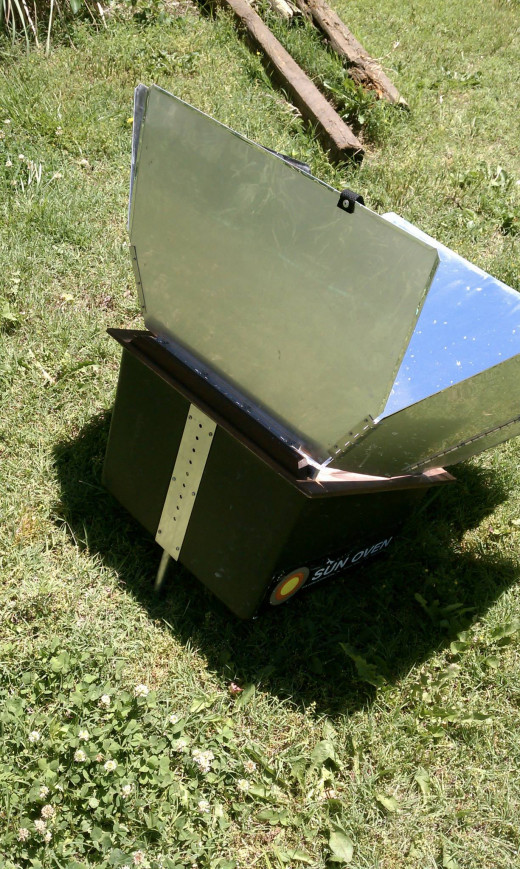
How Do I Cook in an Emergency?
Alternate methods for cooking is an important consideration. If your electricity is down, for instance, and you only have an electric stove, then you may be eating cold food for awhile. By thinking about what might be appropriate for your family, you will be able to buy the necessary equipment ahead of time and have it available for an emergency.
Whether it is a camp stove or a solar oven, there are many ways for you to cook your family's meals. Important considerations might be your family's needs and available fuel sources. As you look at these alternatives, always choose methods that will cook a variety of foods so that you can provide your family with some of their favorite meals during an emergency. Also, many of these require some practice in order to produce edible food, and so cooking with your chosen method before an emergency will allow you to make mistakes when you have the time and space to do so.
